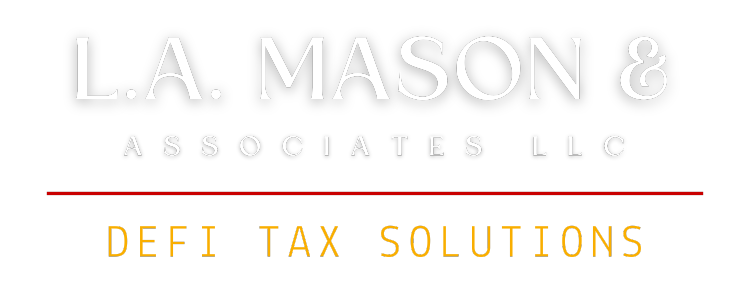Hello Grantor,
Estate planning is a comprehensive process that goes beyond safeguarding your assets; it also involves meticulous IRS compliance for your living trust. To help you navigate this intricate landscape and ensure your living trust aligns seamlessly with IRS requirements, we’ve compiled essential insights that will empower you to take control of your estate planning.
Transfer Assets to Your Living Trust:
One of the foundational steps in establishing a living trust is transferring your assets into it. This crucial action ensures that the assets are under the trust’s umbrella. You can achieve this by retitling assets in the trust’s name or assigning beneficial interests to your chosen beneficiaries. Properly funding your trust is essential to maximize its benefits and avoid probate.
Be Aware of the Gift Tax Threshold:
It’s vital to stay informed about the annual gift tax exclusion, which currently stands at $17,000 in 2023. If you transfer assets that exceed this threshold into your living trust, you must file a gift tax return (Form 709). Understanding and adhering to gift tax rules will help you avoid unexpected tax liabilities.
Pay Income Taxes on Trust Income:
If your living trust generates income, such as interest or dividends, you are obligated to pay income taxes on that income. To fulfill this requirement, you must file Form 1041 for the trust. Complying with income tax regulations ensures you remain in good standing with the IRS and prevents potential penalties.
Maintain Accurate Records:
Effective record-keeping is paramount in estate planning. Keep meticulous records of all trust transactions, including asset transfers, income, and distributions to beneficiaries. These records serve as a critical resource for fulfilling your tax obligations and provide documentation in case of IRS inquiries. Organized record-keeping can also prevent disputes with the IRS.
Regularly Review Your Living Trust:
Life is constantly evolving, and so should your living trust. Periodically revisit your trust to ensure it continues to align with your goals and needs. Life events like marriage, divorce, or the arrival of children may necessitate updates to your trust documents. Staying proactive in this regard ensures that your trust remains an effective tool for your estate planning needs.
Consult an Experienced Estate Planning Attorney:
Estate planning is a complex field, and navigating IRS compliance requires expertise. Engage the services of an experienced estate planning attorney who can assist you in creating an IRS-compliant living trust tailored to your specific requirements. They can also provide guidance on keeping your trust current and assist you in understanding and meeting your tax obligations.
By following these crucial insights, you will not only maintain IRS compliance for your living trust but also safeguard your assets and ensure that your wishes are carried out precisely as you intend. Effective estate planning requires attention to detail, and these steps will help you navigate the complex world of tax regulations while securing your financial future. Remember, a well-structured living trust can be a powerful tool in preserving your legacy and providing for your loved ones.
Now, it’s your turn, my friends. Let’s embark on this estate planning journey together. Sign up for our #30DayLegacy challenge to get started. While you’re at it, download our free ebook, “A Comprehensive Guide to Simple Estate Planning.” Ready to dive deeper? Check out our guided workbook, “Wealthy Legacy: 10 Steps to Creating Generational Wealth.”
Remember, estate planning is not just about financial assets; it’s about securing your values, your healthcare decisions, and your legacy. Let’s establish systems that support your desires and aspirations.
Keep Living!
LA🌻🖤






